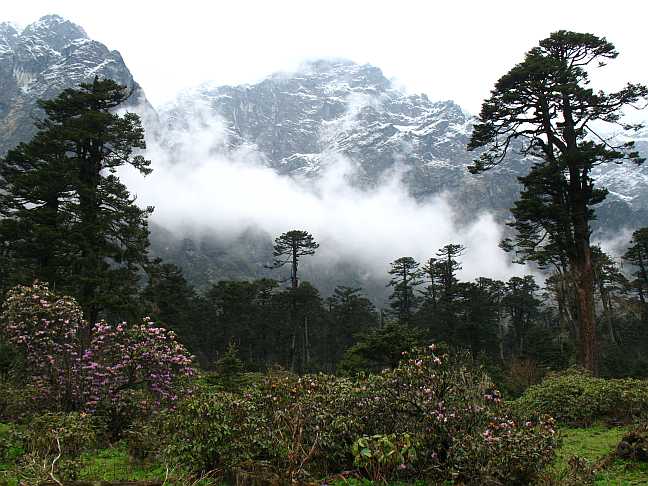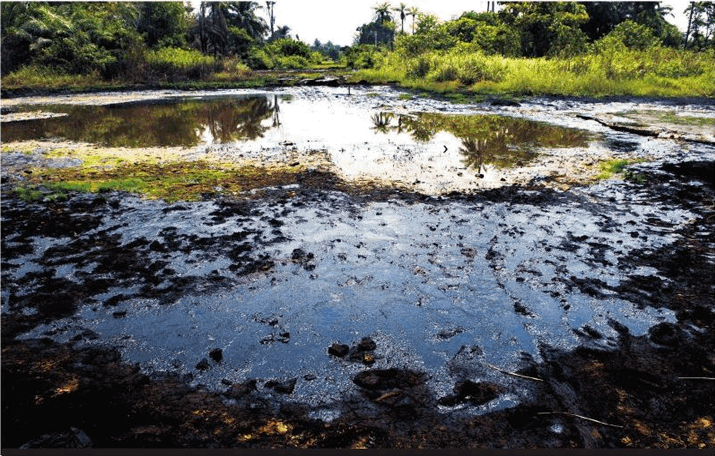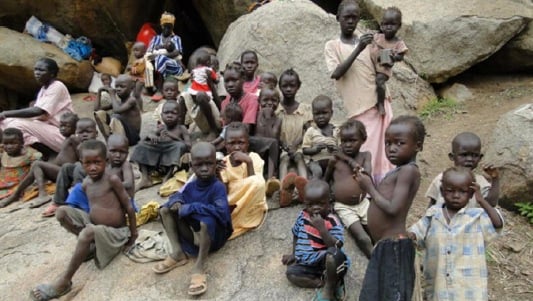UN says conservation of the world’s natural wealth, including forests, watersheds and wildlife, is the key to deliver green economy and Sustainable Development Goals (SDGs).
Elizabeth Mrema, director of UNEP’s division of environmental law and conventions, disclosed this on Tuesday in Nairobi, Kanyan capital, at the ongoing United Nations Environment Assembly (UNEA).
She said the attainment of food and energy security alongside human health hinges on prudent management of biodiversity.
Mrema said multilateral agencies alongside governments and corporations had agreed on sustainable management of biodiversity to help solve poverty, disease and hunger.
“Investments in biodiversity conservation will help reduce poverty, achieve food security and reduce the burden of infectious diseases,” she said.
Advertisement
Mrema said in spite some improvements, the health of flora and fauna in many parts of the world “is a cause for concern thanks to threats linked to human activities and climate change’’.
“According to the latest scientific findings, the state of biodiversity differs according to regions but the overall consensus is that efforts must be accelerated to halt loss of rare species,” she said.
“Governments have a duty to incentivise local communities to conserve their habitats. Communities should harness indigenous knowledge to protect natural resources such as forests and fisheries.”
Advertisement
Mrema remarked that international community and national governments should review policies and laws governing biodiversity conservation to ensure they reflect the evolving socio-economic dynamics.
Balakrishna Pisupati, a biodiversity expert at UNEP, said global instruments should be clear on benefits sharing to boost communities’ participation in conservation of habitats.
He said the need to bring all stakeholders on the table; including communities and businesses since the health of biodiversity “has a direct bearing on human prosperity and well being.”
Advertisement
Add a comment






